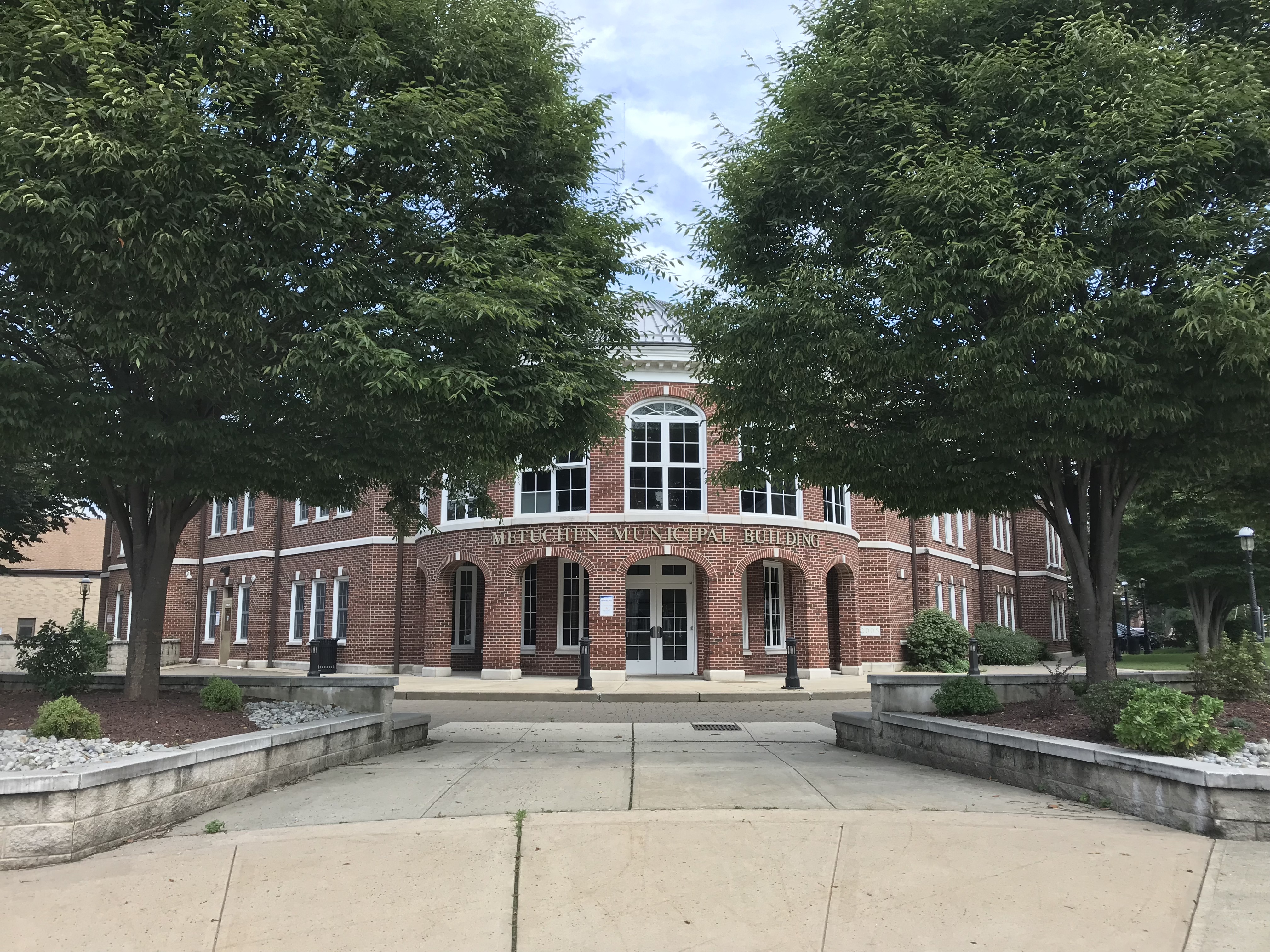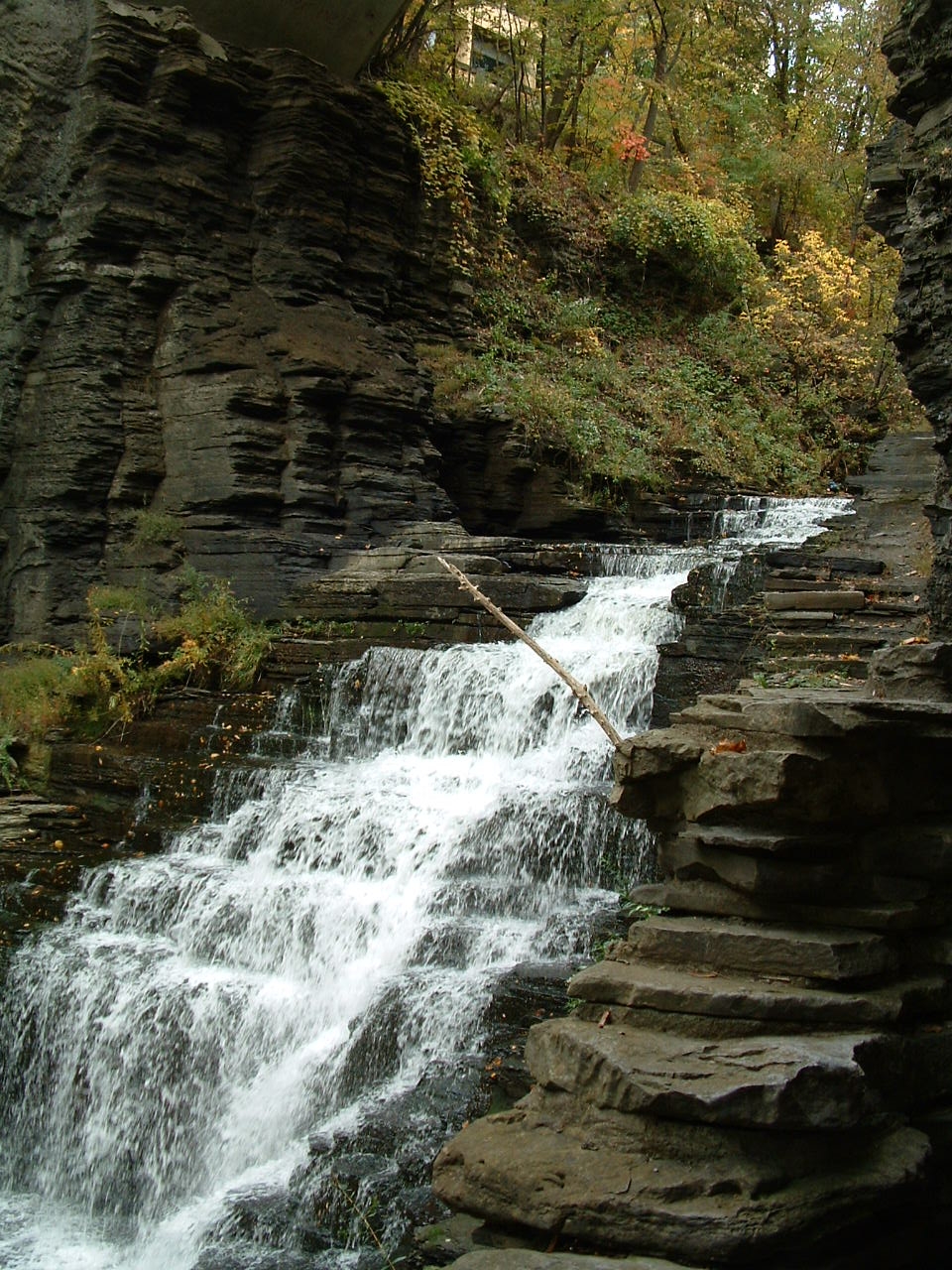|
Louis Bigmann
Louis-Emile Bigmann (1897–1986) was a Gabonese politician. Early life and political career A member of the Mpongwe people, he was born and lived in Baraka, Gabon. Bigmann attended the Ecole Montfort in Libreville, Gabon's capital. Noted Mpongwe critic of colonialism Laurent Antchouey and he founded the "L'Echo Gabonais" in Dakar in 1922. Bigmann was appointed President of the National Assembly by Gabonese President Leon M'ba in 1961 while its former officeholder, Paul Gondjout, was incarcerated. 1964 Gabon coup d'état During the night of 17 February and the early morning of 18 February 1964, 150 members of the Gabonese military, gendarmerie, and police, headed by Lieutenant Jacques Mombo and Valére Essone, seized the presidential palace. The gendarmes on duty claimed that this was but a military exercise. However, during the "exercise" the lieutenants dragged President M'ba from his bed at gunpoint. Bongo heard this noise and telephoned Bigmann to find out what had hap ... [...More Info...] [...Related Items...] OR: [Wikipedia] [Google] [Baidu] |
Mpongwe People
The Mpongwe are an ethnic group in Gabon, notable as the earliest known dwellers around the estuary where Libreville is now located. History The Mpongwe language identifies them as a subgroup of the Myènè people of the Bantus, who are believed to have been in the area for some 2,000 years, although the Mpongwe clans likely began arriving in only the 16th century, possibly in order to take advantage of trading opportunities offered by visiting Europeans. The Mpongwe gradually became the middlemen between the coast and the interior peoples such as the Bakèlè and Séké. From about the 1770s, the Mpongwe also became involved in the slave trade. In the 1830s, Mpongwe trade consisted of slaves, dyewood, ebony, rubber, ivory, and gum copal in exchange for cloth, iron, firearms, and various forms of alcoholic drink. In the 1840s, at the time of the arrival of American missionaries and French naval forces, the Mpongwe consisted of 6,000-7,000 free persons and 6,000 slaves, organ ... [...More Info...] [...Related Items...] OR: [Wikipedia] [Google] [Baidu] |
Afrique 32 a passenger ship that sank in the bay of Biscay in 1920
{{disambiguation ...
Afrique is Africa in French. It may also refer to: * Afrique (impressionist) (1907-1961), South African singer and impressionist, born Alexander Witkin * ''Afrique'' (album), a 1971 album by Count Basie * Afrique, an American R&B-jazz studio band featuring guitarist David T. Walker * ''Afrique & Histoire'', French peer-reviewed academic journal about African history * Afrique Airlines, an airline in Cotonou, Benin * Air Afrique, a Pan-African airline * Jean Afrique, a Danish adult film actress * SS Afrique (1907) SS ''Afrique'' was a passenger ship of the French shipping company Compagnie des Chargeurs Réunis, which entered service in 1907 and sank on 12 January 1920. Only 34 people survived out of the 609 on board. The final voyage In the early morn ... [...More Info...] [...Related Items...] OR: [Wikipedia] [Google] [Baidu] |
Leaders Ousted By A Coup
Leadership, both as a research area and as a practical skill, encompasses the ability of an individual, group or organization to "lead", influence or guide other individuals, teams, or entire organizations. The word "leadership" often gets viewed as a contested term. Specialist literature debates various viewpoints on the concept, sometimes contrasting Eastern and Western approaches to leadership, and also (within the West) North American versus European approaches. U.S. academic environments define leadership as "a process of social influence in which a person can enlist the aid and support of others in the accomplishment of a common and ethical task". Basically, leadership can be defined as an influential power-relationship in which the power of one party (the "leader") promotes movement/change in others (the "followers"). Some have challenged the more traditional managerial views of leadership (which portray leadership as something possessed or owned by one individual due ... [...More Info...] [...Related Items...] OR: [Wikipedia] [Google] [Baidu] |
Presidents Of The National Assembly Of Gabon
President most commonly refers to: *President (corporate title) *President (education), a leader of a college or university * President (government title) President may also refer to: Automobiles * Nissan President, a 1966–2010 Japanese full-size sedan * Studebaker President, a 1926–1942 American full-size sedan * VinFast President, a 2020–present Vietnamese mid-size SUV Film and television *'' Præsidenten'', a 1919 Danish silent film directed by Carl Theodor Dreyer * ''The President'' (1928 film), a German silent drama * ''President'' (1937 film), an Indian film * ''The President'' (1961 film) * ''The Presidents'' (film), a 2005 documentary * ''The President'' (2014 film) * ''The President'' (South Korean TV series), a 2010 South Korean television series * ''The President'' (Palestinian TV series), a 2013 Palestinian reality television show *''The President Show'', a 2017 Comedy Central political satirical parody sitcom Music *The Presidents (American soul band) *The ... [...More Info...] [...Related Items...] OR: [Wikipedia] [Google] [Baidu] |
Metuchen, New Jersey
Metuchen ( ) is a suburban borough in Middlesex County, New Jersey, United States. The borough is a commuter town of New York City, located in the heart of the Raritan Valley region within the New York Metropolitan area. The borough, along with Edison (which completely surrounds Metuchen), is a regional commercial hub for Central New Jersey. The borough is northeast of New Brunswick, southwest of Newark, southwest of Jersey City, and southwest of Manhattan. As of the 2010 United States Census, the borough's population was 13,574,DP-1 - Profile of General Population and Housing Characteristics: 2010 for Metuchen borough, Middlesex County, New Jersey , |
Ithaca, New York
Ithaca is a city in the Finger Lakes region of New York, United States. Situated on the southern shore of Cayuga Lake, Ithaca is the seat of Tompkins County and the largest community in the Ithaca metropolitan statistical area. It is named after the Greek island of Ithaca. A college town, Ithaca is home to Cornell University and Ithaca College. Nearby is Tompkins Cortland Community College (TC3). These three colleges bring thousands of students to the area, who increase Ithaca's seasonal population during the school year. As of 2020, the city's population was 32,108. History Early history Native Americans lived in this area for thousands of years. When reached by Europeans, this area was controlled by the Cayuga tribe of Indians, one of the Five Nations of the ''Haudenosaunee'' or Iroquois League. Jesuit missionaries from New France (Quebec) are said to have had a mission to convert the Cayuga as early as 1657. Saponi and Tutelo peoples, Siouan-speaking tribes, lat ... [...More Info...] [...Related Items...] OR: [Wikipedia] [Google] [Baidu] |
New York, New York
New York, often called New York City or NYC, is the most populous city in the United States. With a 2020 population of 8,804,190 distributed over , New York City is also the most densely populated major city in the United States, and is more than twice as populous as second-place Los Angeles. New York City lies at the southern tip of New York State, and constitutes the geographical and demographic center of both the Northeast megalopolis and the New York metropolitan area, the largest metropolitan area in the world by urban landmass. With over 20.1 million people in its metropolitan statistical area and 23.5 million in its combined statistical area as of 2020, New York is one of the world's most populous megacities, and over 58 million people live within of the city. New York City is a global cultural, financial, entertainment, and media center with a significant influence on commerce, health care and life sciences, research, technology, education, ... [...More Info...] [...Related Items...] OR: [Wikipedia] [Google] [Baidu] |
Brazzaville
Brazzaville (, kg, Kintamo, Nkuna, Kintambo, Ntamo, Mavula, Tandala, Mfwa, Mfua; Teke: ''M'fa'', ''Mfaa'', ''Mfa'', ''Mfoa''Roman Adrian Cybriwsky, ''Capital Cities around the World: An Encyclopedia of Geography, History, and Culture'', ABC-CLIO, USA, 2013, p. 60) is the capital and largest city of the Republic of the Congo (Congo Republic). Constituting the financial and administrative centre of the country, it is located on the north side of the Congo River, opposite Kinshasa, the capital city of the Democratic Republic of the Congo (DR Congo). The population of the capital is estimated to exceed 1.8 million residents, comprising more than a third of the national populace. Some 40% are employed in non-agricultural professions. During World War II, Brazzaville was also the capital of Free France between 1940 and 1942. In 2013, Brazzaville was designated a City of Music by UNESCO; since then it has also been a member of the Creative Cities Network. Geography Brazzaville ... [...More Info...] [...Related Items...] OR: [Wikipedia] [Google] [Baidu] |
Dakar
Dakar ( ; ; wo, Ndakaaru) (from daqaar ''tamarind''), is the capital and largest city of Senegal. The city of Dakar proper has a population of 1,030,594, whereas the population of the Dakar metropolitan area is estimated at 3.94 million in 2021. The area around Dakar was settled in the 15th century. The Portuguese established a presence on the island of Gorée off the coast of Cap-Vert and used it as a base for the Atlantic slave trade. France took over the island in 1677. Following the abolition of the slave trade and French annexation of the mainland area in the 19th century, Dakar grew into a major regional port and a major city of the French colonial empire. In 1902, Dakar replaced Saint-Louis as the capital of French West Africa. From 1959 to 1960, Dakar was the capital of the short-lived Mali Federation. In 1960, it became the capital of the independent Republic of Senegal. History The Cap-Vert peninsula was settled no later than the 15th century, by the Lebu peop ... [...More Info...] [...Related Items...] OR: [Wikipedia] [Google] [Baidu] |
Paul-Marie Yembit
Paul-Marie Yembit (22 December 1917 – 21 January 1978) was the first vice president of Gabon under Léon M'ba. A member of the Bapounou people, he was born in the village of Moussambou and educated in local Catholic schools, then at the public secondary school of Lambaréné. He was a businessman in Mouila from 1943 to 1952, then was elected to the Territorial Assembly, representing Ngounié Province. In March 1957, he was re-elected to the Legislative Assembly. A member of the Gabonese Democratic Bloc, he also became Minister of Agriculture and Livestock in March 1957, later holding ministerial posts until becoming vice president in February 1961. M'ba replaced Yembit with Omar Bongo El Hadj Omar Bongo Ondimba (born Albert-Bernard Bongo; 30 December 1935 – 8 June 2009) was a Gabonese politician who was the second President of Gabon for 42 years, from 1967 until his death in 2009. Omar Bongo was promoted to key positions as ... in November 1966, and had elections held th ... [...More Info...] [...Related Items...] OR: [Wikipedia] [Google] [Baidu] |
Charles De Gaulle
Charles André Joseph Marie de Gaulle (; ; (commonly abbreviated as CDG) 22 November 18909 November 1970) was a French army officer and statesman who led Free France against Nazi Germany in World War II and chaired the Provisional Government of the French Republic from 1944 to 1946 in order to restore democracy in France. In 1958, he came out of retirement when appointed President of the Council of Ministers (Prime Minister) by President René Coty. He rewrote the Constitution of France and founded the Fifth Republic after approval by referendum. He was elected President of France later that year, a position to which he was reelected in 1965 and held until his resignation in 1969. Born in Lille, he graduated from Saint-Cyr in 1912. He was a decorated officer of the First World War, wounded several times and later taken prisoner at Verdun. During the interwar period, he advocated mobile armoured divisions. During the German invasion of May 1940, he led an armoured divisio ... [...More Info...] [...Related Items...] OR: [Wikipedia] [Google] [Baidu] |






